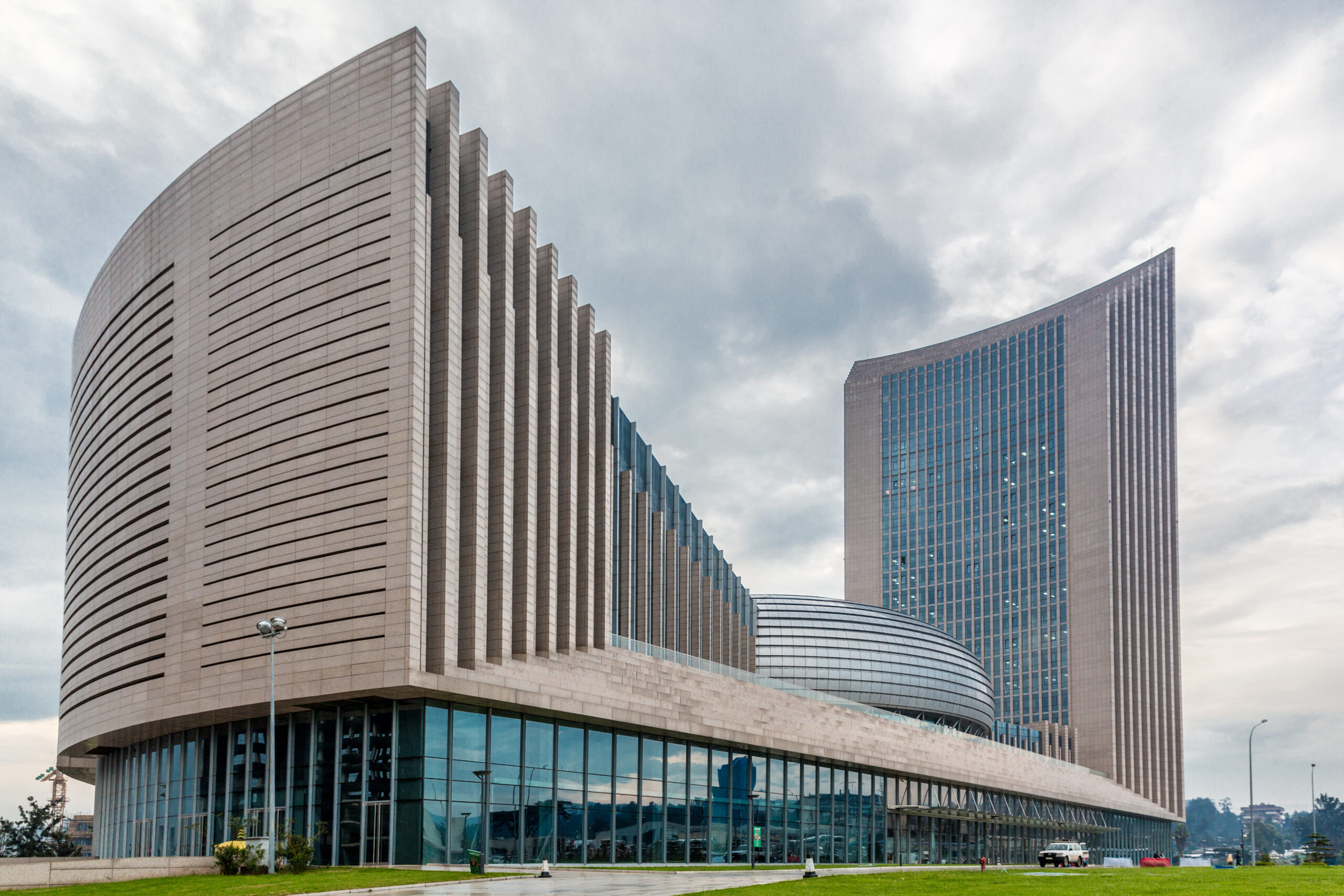President Ruto’s critical role in leading the Comprehensive Institutional Reforms of the African Union (AU)

In 2016, African leaders decided that institutional reforms of the African Union (AU) were necessary given the role the continental body plays in driving and achieving Africa’s Agenda 2063 vision of inclusive economic growth and development.
At the time, Rwanda’s President Paul Kagame was mandated by the Assembly of Heads of State in July 2016 to lead the process and make it more effective and financially sound. This position needed political adeptness, competence and experience to manage the complexities of the reform process.
Last month, President William Ruto took over from President Kagame after being appointed the AU’s champion for institutional reforms on February 17 by the Assembly of the African Union Heads of State and Government. He has been entrusted with the critical task of leading the comprehensive institutional reform initiative launched in 2016.
This initiative aims to revamp the structure, functioning, and focus of the AU Commission, its organs, and specialised agencies, aiming to enhance their effectiveness and efficiency in managing the continent’s development programmes.
President Ruto inherits a reform process that has seen progress but remains unfinished. Mr Ruto’s mandate includes providing high-level political leadership and vision to push through further reforms, streamlining AU structures, and ensuring better coordination and execution of its programmes.
Analysts and observers have given mixed reactions, with some hailing President Ruto’s appointment, saying his experience and commitment to regional integration as assets for the role, while others raised concerns about his relatively short tenure in office and potential domestic political distractions. However, most agree that the successful implementation of UA reforms is crucial for Africa’s future.
Africa is experiencing population growth, has vast resources and ambitious development goals, and needs a robust and effective continental body that can navigate the complex global landscape and ensure its sustainable progress.
Reforms
A report by President Kagame on constitutional reform of the AU during the 37th AU Summit in Addi Ababa, Ethiopia, on February 17 indicated that a great deal has been accomplished, as most of the items originally included in the report which he presented in January 2017 are complete.
Among the achievements which he pointed out is the revitalisation of the Peace Fund. “Almost $400 million has been mobilised. As a direct result, the United Nations Security Council recently decided to finance three-quarters of African Union peace operations for the first time,” President Kagame said.
According to President Kagame, this was only possible because the AU today is more fit for purpose than it was and is getting better at defining Africa’s common interests and advocating for them.
“We still have a long way to go for the African Union to be as strong as we want and need it to be. That is why the reform journey must not end here, even though I believe the time has come, with your permission, to conclude the mandate entrusted to me in 2016. We will, of course, need continued strong support from Heads of State in implementing the institutional reform and preventing backsliding into inefficient ways of conducting our business,” said President Kagame.
Additionally, President Kagame pointed out a few serious challenges which he said threaten to undo some of the good progress the AU has made. They include the assembly agenda being too lengthy and containing items that do not require the consideration of Heads of State. “If we want to be productive, we must prioritise the most important items, as we agreed at the outset of the institutional reform,” he said.
Secondly, there seems to be a need to clarify the role of the Chairperson of the African Union in relation to the Chairperson of the Commission. This has become more important as the body works out how Africa will be represented at the G20 and similar gatherings.
Third, President Kagame said the principle of subsidiarity continued to be misinterpreted. “Too often, there is an incoherence in decisions taken at the continental and regional levels.”
Fourth, legislative and judicial bodies like the Pan-African Parliament and the African Court of Justice should operate with clear rules and mandates. Otherwise, they act more as advisory organs and cannot fulfil their original function.
Lastly, decisions taken at the level of Heads of state continue to be revisited and revised, or even resisted, by some members of the Permanent Representatives Committee, which should be unacceptable.
Continental Priorities
It has been recommended that the AU’s agenda should be focused on a smaller number of priority areas which have a continental impact. Specifically, the AU should focus on issues related to political affairs, peace and security, economic integration, and reinforcing Africa’s global voice.
Additionally, there should be a clear division of labour and effective collaboration between the AU, the Regional Economic Communities (RECs), the Regional Mechanisms (RMs), the Member States, and other continental institutions, in line with the principle of subsidiarity.

